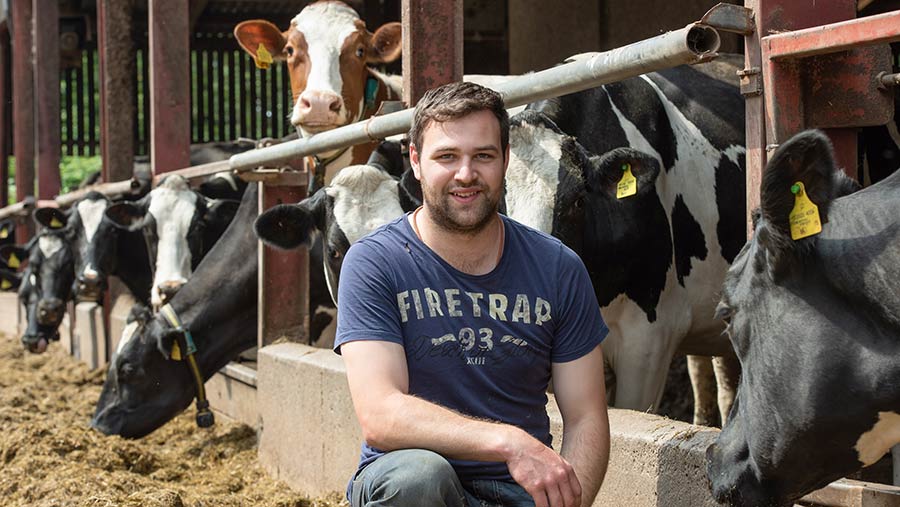6 tips on aiding succession on your farm
 Design Pics Inc/REX/Shutterstock
Design Pics Inc/REX/Shutterstock Succession can be a difficult process and involves many practical business considerations. Rob Hitch of Dodd and Co Accountants offers the following six tips to help your succession plan go smoothly.
1. Start the discussion
Farming families need to talk about the business’ level of profitability so children can make sensible decisions about whether or not they join the business.
Be honest about how much the business can make. Lots of people may be capable of improving a business but they should know the magnitude of the challenge they face. Remember: profitable businesses don’t tend to have issues with succession.
See also: Leaving the farm to children: Farm succession advice
2. Don’t leave it too late
Start the discussion while children are still in their 20s, not in their 60s, when it may be too late to invest.
3. Upskill partners
Farming requires a huge range of skills. Make sure you upskill your children/staff to deal with these.
4. Be honest
If your children aren’t up to the job or don’t want to farm, don’t force them. In some cases, children should never have been made partners in the business or never wanted to run the business. Once a partner is brought in, it is hard to get them out.
5. Plan for retirement
Quite a lot of case needs to be squirrelled away to aid succession so that people can retire without taking income from the farm.
A 25-year-old needs to save £680/month for 40 years to retire at 65 with a £25,000/year pension.
(This is based on a gross return of 5% per annum and allows for 1% fees and 2% inflation. Source: Dodd & Co Wealthcare financial advisers).
6. Non-farming siblings
Have a discussion about how much money they will get and what’s fair. It may be better to pay them out before you make big changes to the business. The other risk with waiting is that inflation will mean the sum will increase.
Case study: Patrick Morris-Eyton, dairy and sheep farmer, Beckside Farm, Cumbria
Farm facts
- 255ha
- Milking 350 cows; increasing to 400
- Supplying Morrisons through Arla
- 800 breeding ewes

© John Eveson
Cumbrian dairy farmer Patrick Morris-Eyton says being made a partner in his family’s mixed farming enterprise has given them the confidence to invest £1.4m in a new greenfield dairy and more cows.
Mr Morris-Eyton was made a partner in Beckside Farm just two years ago at the age of 24.
He plucked up the courage to spark a conversation with his father, Robert, following a seminar with succession facilitator Sian Bushell, which he undertook as part of his Tesco Future Farmer Foundation programme in 2015-16.
“I had pushed the sheep flock forward as fast as I could and I wanted to get my teeth stuck into the dairy,” recalls Mr Morris-Eyton.
As part of the process, the family carried out an appraisal of the business and realised that, based on 10-year averages, the dairy was more resilient than the sheep enterprise.
To improve efficiencies and deliver higher levels of staff and cow welfare, they have built a new 54-point rotary parlour and 350-stall cubicle shed.
The new parlour has more than halved milking times from 4.5 hours to 1.5 hours and has cut mastitis cases from eight to 10 in 100 cows to just two cases in 100.
In the next two weeks, they are switching to three times a day milking and staff will work eight-hour shifts rather than 12 hours, with relief milkers brought in for night milking, to give everyone a better work-life balance.
They have also expanded cow numbers to 350 cows and hope to erect another 350-cow cubicle shed, to take total cow numbers in the herd up to 800 in the next five years.
“If we hadn’t of done it, we would be stagnating,” admits Mr Morris-Eyton.
Rob Hitch was speaking at the British Cattle Breeders Conference on Wednesday 22 January 2020
